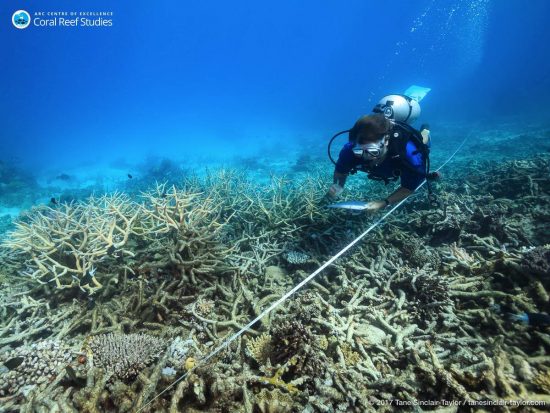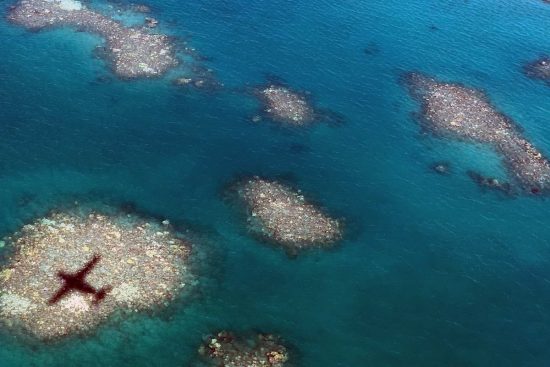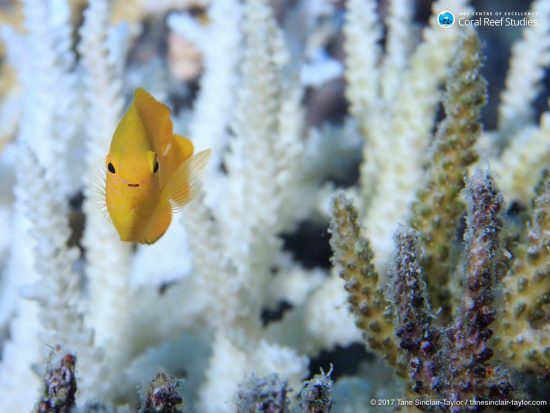




Number of World Heritage sites affected by climate change almost doubles in three years
According to a report published by the International Union for Conservation of Nature (IUCN) at the UN Climate Change Conference in Bonn, Germany, the number of World Heritage sites threatened by climate change has risen from 35 to 62 in just three years, with climate change being the fastest growing threat.
The IUCN World Heritage Outlook 2 report, the follow-up to the 2014 IUCN World Heritage Outlook, reviews for the first time how the prospects for preserving all 241 World Heritage sites have changed over time. It addresses the threats, protection and management of the sites and the state of the unique features that have given them the prestigious World Heritage status.
According to the report, a quarter of all sites — an increase from one in every seven in 2014 — are affected by climate change-related phenomena such as coral bleaching and glacial meltdown. Coral reefs and glaciers are among the most threatened ecosystems. Other ecosystems such as wetlands, low-lying estuaries, permafrost areas and fire-prone ecosystems are also affected.
“Protection of World Heritage sites is an international responsibility of the same governments that have signed up to the Paris Agreement,” says Inger Andersen, IUCN Director General. “This IUCN report sends a clear message to the delegates gathered here in Bonn: climate change acts fast and is not sparing the finest treasures of our planet. The scale and the pace at which it is damaging our natural heritage underline the need for urgent and ambitious national commitments and actions to implement the Paris Agreement.”
The coral reefs listed on the World Heritage List include the Aldabra Indian Ocean Atoll (the world's second largest coral atoll), the Belize Barrier Reef in the Atlantic Ocean (largest barrier reef in the Northern Hemisphere) and the Great Barrier Reef (world's largest reef). Due to the rising water temperature, catastrophic large-scale coral bleaching has damaged the last three years. For example, in 2016, at the Great Barrier Reef, up to 85% of the reefs examined were affected by severe coral bleaching.
“Natural World Heritage sites play a crucial role supporting local economies and livelihoods,” said Tim Badman, Director of IUCN’s World Heritage Programme. “Their destruction can thus have devastating consequences that go beyond their exceptional beauty and natural value. In Peru’s Huascarán National Park, for example, melting glaciers affect water supplies and contaminate water and soil due to the release of heavy metals previously trapped under ice. This adds to the urgency of our challenge to protect these places.”
The report also describes other problems for the World Heritage. Risks posed by invasive species, unsustainable tourism or infrastructure development are also increasing. They affect ecological processes and threaten the survival of the species living in these sites. Invasive species are the most widespread threat. Their effects are often compounded by climate change, which allows them to spread and settle.
Overall, it is reported that 29% of World Heritage Sites are of considerable concern and for 7% the forecasts are critical. Two-thirds of the sites are expected to be in good condition for the foreseeable future — this is about the same number as in 2014.
More information: This report is available online (portals.iucn.org/.../2017-053.pdf). The next edition is planned for 2020. All reviews of the sites can be found at: www.worldheritageoutlook.iucn.org.
Video: www.youtube.com/watch?v=iEfNxMqnv2o
 Herbert
Herbert 16th November 2017
16th November 2017